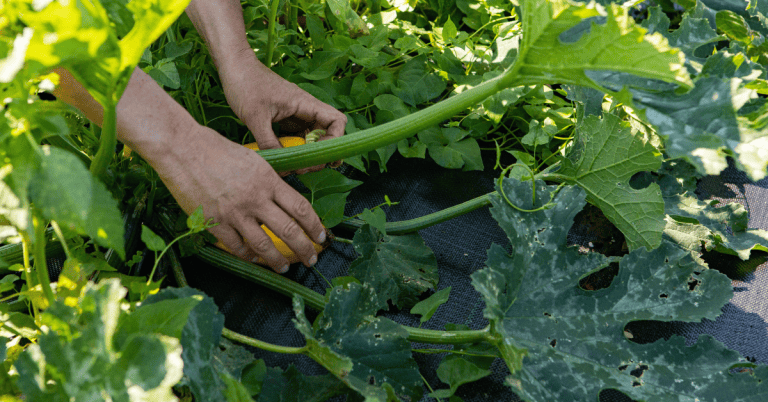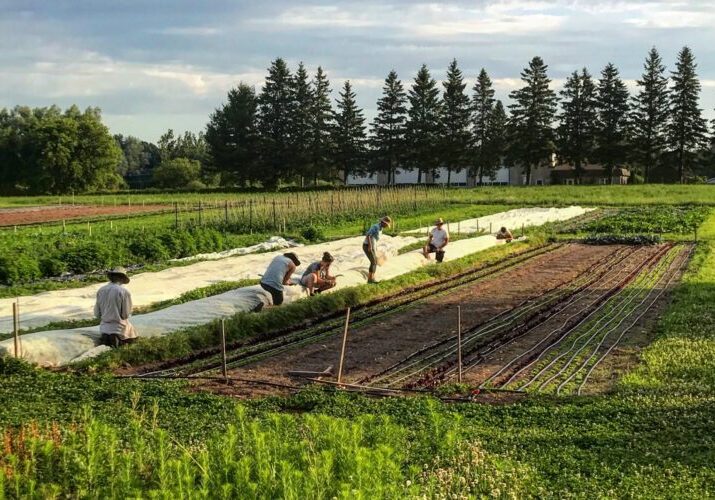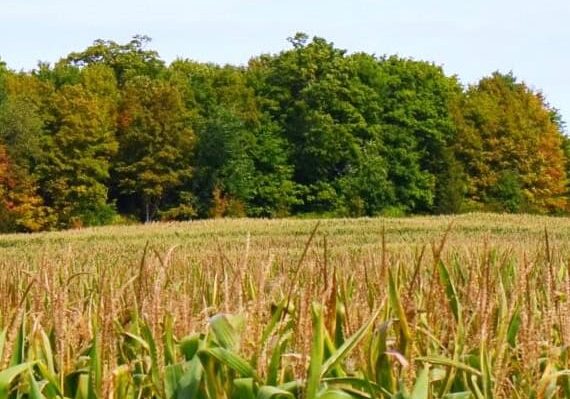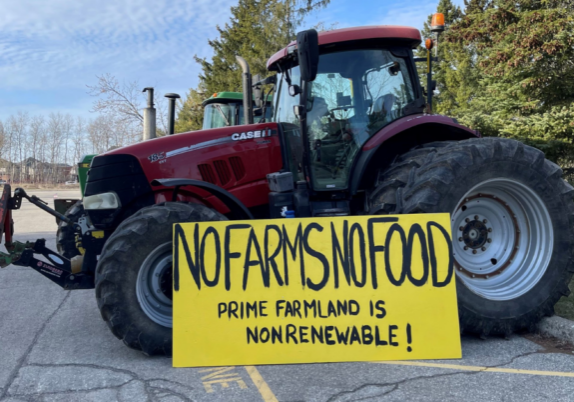A Grow Ontario Strategy Should Prioritize Sustainable, Accessible, and Climate-friendly Local Food Systems

Guelph, ON (December 1, 2022) — The National Farmers Union – Ontario (NFU-O) agrees that we need a Grow Ontario Strategy that works for the province’s farmers and eaters. However, we are concerned that by prioritizing supports for large-scale producers and retailers, increasing agri-food exports, and incentivizing technological advancements, the current Grow Ontario Strategy fails to strengthen short supply chains, sustainable and climate-friendly production systems, or agri-food sector labour standards.
The NFU-O supports efforts to increase consumption and production of Ontario grown food by 30%, especially where this increased consumption reduces Ontario’s reliance on agri-food imports. It is disappointing to learn that the measures Ontario plans to implement will primarily benefit large-scale producers and retailers. Localized food production and distribution needs to be prioritized to make our food system more sustainable and reliable.
The NFU-O believes we can address weaknesses in our current food system by providing more government support for farmers who are direct marketers, including public investments in local markets, regional food hubs for storage and local distribution, value-added production, and appropriately-scaled localized processing facilities, from small-scale abattoirs to shared canning and freezing facilities.
With inflation and growing food insecurity in the province, coupled with the need to reduce emissions in the agri-food sector, we question the need to increase exports by 8% by 2032. Investments in local food systems, and not emissions-heavy and unreliable long-supply chains, need to be prioritized if we want to Grow Ontario sustainably.
Where we need the most innovation is in supporting farmers in the transition to climate friendly production systems. What would be truly innovative would be the establishment of an OMAFRA Organic Agriculture Extension Service or Research Branch that provides independent research and financial support programs to help farmers measure and monitor soil carbon and adopt practices to mitigate the climate crisis. Equally innovative would be the hiring of a dedicated OMAFRA Organic Agriculture staff specialist. An investment in the transition to organic agriculture, and understanding the biology rather than the chemistry or technology, are key to realizing increased crop yields and plant health in a climate-stressed future.
The NFU-O holds a healthy skepticism towards technological advancements in the agri-food sector, especially given that previous advancements have tended to increase on-farm greenhouse gas emissions and/or have been used to discipline and regulate workers on assembly-line production. Innovations should be pursued and adopted based on their efficacy in reducing on-farm carbon use and that offer a real reduction in repetitive, injury-prone on-farm tasks.
We know that small to mid-sized farms (under 130 acres) are more likely to employ Ontario (domestic) farm workers in greater numbers than larger farms. These small farms are also where most new farmers in the province receive essential on-farm training and expertise. We would welcome opportunities for expanded on-farm training programs and resources to support knowledge-sharing between our aging farm population and the next generation of growers.
If the goal is to increase employment by 10% in the sector, we will need to improve the labour conditions of agricultural workers. It is time that Ontario labour laws, including minimum wage laws, the right to form a union, and other key labour protections are extended to all farm workers.
-30-
For more information:
Max Hansgen,
President, National Farmers Union–Ontario
president@nfuontario.ca, (613) 464-1251








